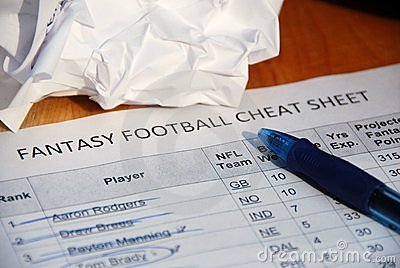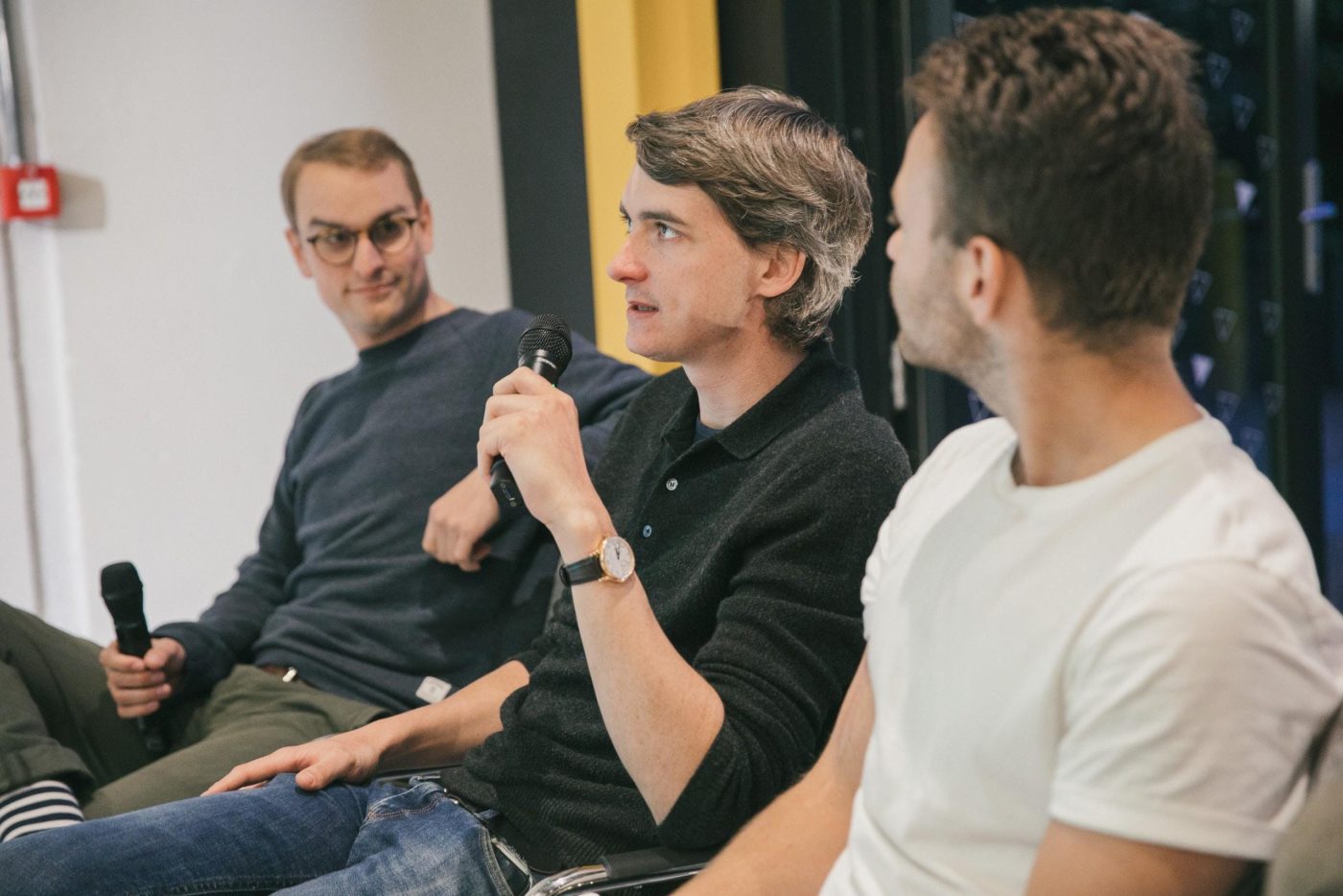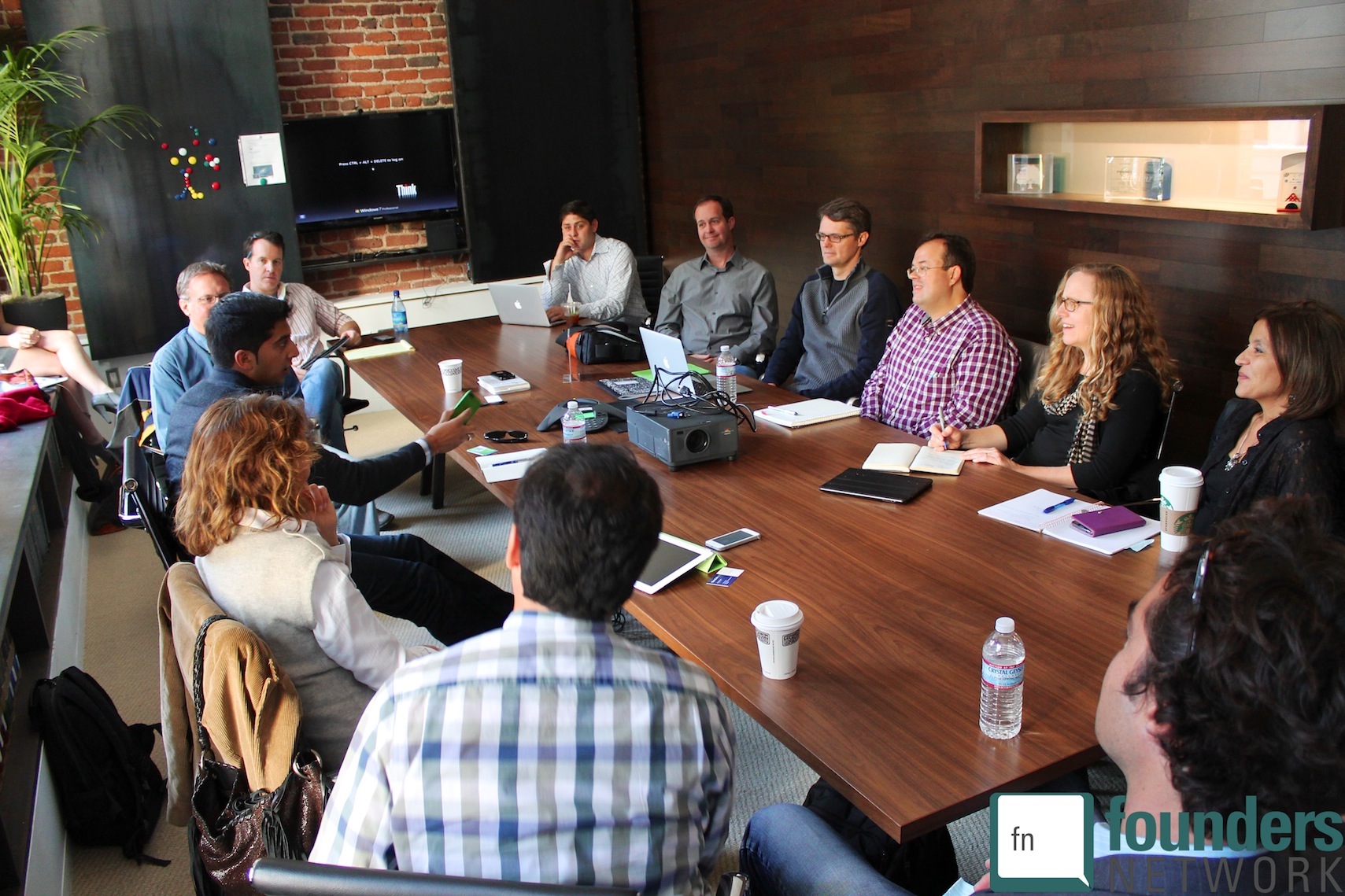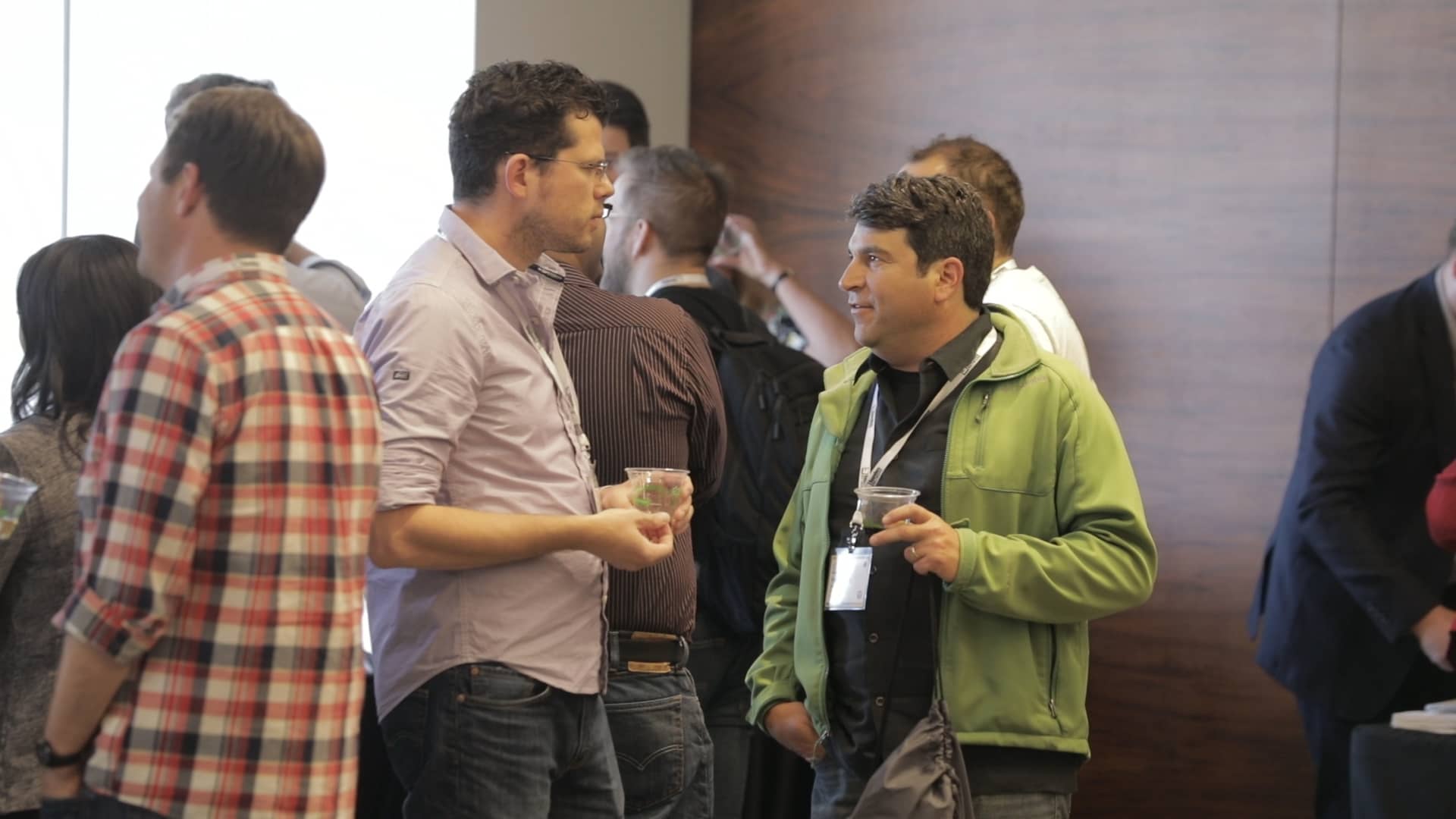
The following is a guest post from fnBlog Contributor David Cheng, CEO & Co-founder of VendorStack. This post, originally published April 20, 2012,
discusses lessons David has learned from Kobe Bryant. David no longer writes a blog, but shared this post in honor of sports week and startup success at Founders Network. We all need a break from MLB playoffs and the NFL Replacement Referees controversy anyways, right? Probably not.
I’m a new CEO so I’m constantly learning. One person who has a lot to teach me is Kobe Bryant. At 33 and 15 years in the NBA, Kobe is leading the league in points scored over offensive gurus like Kevin Durant (23, 4 years) and LeBron James (27, 8 years) (Update: at the end of the NBA season Kevin Durant overtook Kobe by .01 points). If people are like companies, then people can also go through an innovator’s dilemma. The innovator’s dilemma tells us that incumbents often fail to innovate beyond their core competencies because they want to maximize value, opening the door for new disruptive entrants to come in and ultimately supplant the incumbent. Kobe’s ability to consistently reinvent himself solves his innovator’s dilemma and as a new CEO, I must do that too.
Full disclosure: I don’t like the Lakers but I really like watching Kobe play. Kobe has a reputation of being the consummate professional athlete with an unrivaled work ethic. Every off-season, he’s been known to learn a new move or perfect a different skill-set. Early Kobe was known to create shots for himself on athleticism alone. Kobe today has a wider range of moves, like a turnaround jump shot or a post game that relies more on floor positioning and feints. It is likely throughout his 15 year career, Kobe may have left some points on the floor because he went towards a shot that he was still working on, rather than a tried-and-true move. As a counterpoint, we can look towards a great player like Allen Iverson, who in his younger days was arguably the most gifted athlete on the floor. Unfortunately, AI never developed moves beyond his reputation as a slasher and as he got older and slower, the game moved past him. It is hard to argue that AI did the wrong thing; his team needed him to score the most points every quarter, every game, ever year, etc. Unfortunately, by maximizing short-term scoring, AI sacrificed a long sustainable career.
Businesses are asked to score the most points in every game too but we call it maximizing shareholder value and hitting your quarterly numbers. In the myopic pursuit of profit, businesses can fail their way to the top. Using the example of Dell and Asustek, Dell maximized profits at each part of the value chain by outsourcing non-core competencies to vendors like Asustek. In the process, however, Dell created a competitor in Asustek who were able to compete on price and quality. Incumbents also stumble at the cannibalization of an existing business with a potentially disruptive product. Apple has consistently cannibalized existing businesses with the iPhone displacing my iPod as my music player and the iPad displacing my MacBook for content consumption. Most incumbents have difficulty doing this because of internal conflicts and compartmentalized P&L. The real innovators recognize that future growth doesn’t just come from the discounted cash flow from an existing business but the potential growth of unknown new businesses.
So what did Kobe teach me about the innovator’s dilemma? I studied business in college, started my career in finance, and then focused deliberately on becoming an expert in the cleantech space. In that regard, I’ve done well. Today, however, I spent half my day learning about the 960 grid system while I improved my Photoshop and CSS skills developing new mock-ups for VendorStack. In starting VendorStack and becoming a CEO, I had to get out of my comfort zone and learn new skills that disrupted my professional growth. Like Kobe I’m working on my game, but instead of jump-shots, I’m taking SEO classes and learning Python. All these skills are going to be important in growing VendorStack. While I may never be the best developer or designer, I do know that knowing a little bit of each makes me a better CEO. I’m a fan of the Kobe System and I implore you all to be successful at succeeding at success. You can do better. I know you can.
At Founders Network we know that you can do better too. Do you find inspiration for your startup success from dedicated athletes? What have you learned from the NBA, NFL, or MLB? Leave a comment below and join the discussion!
Want to learn more about @VendorStack? Connect with David @davidpcheng on Twitter.





